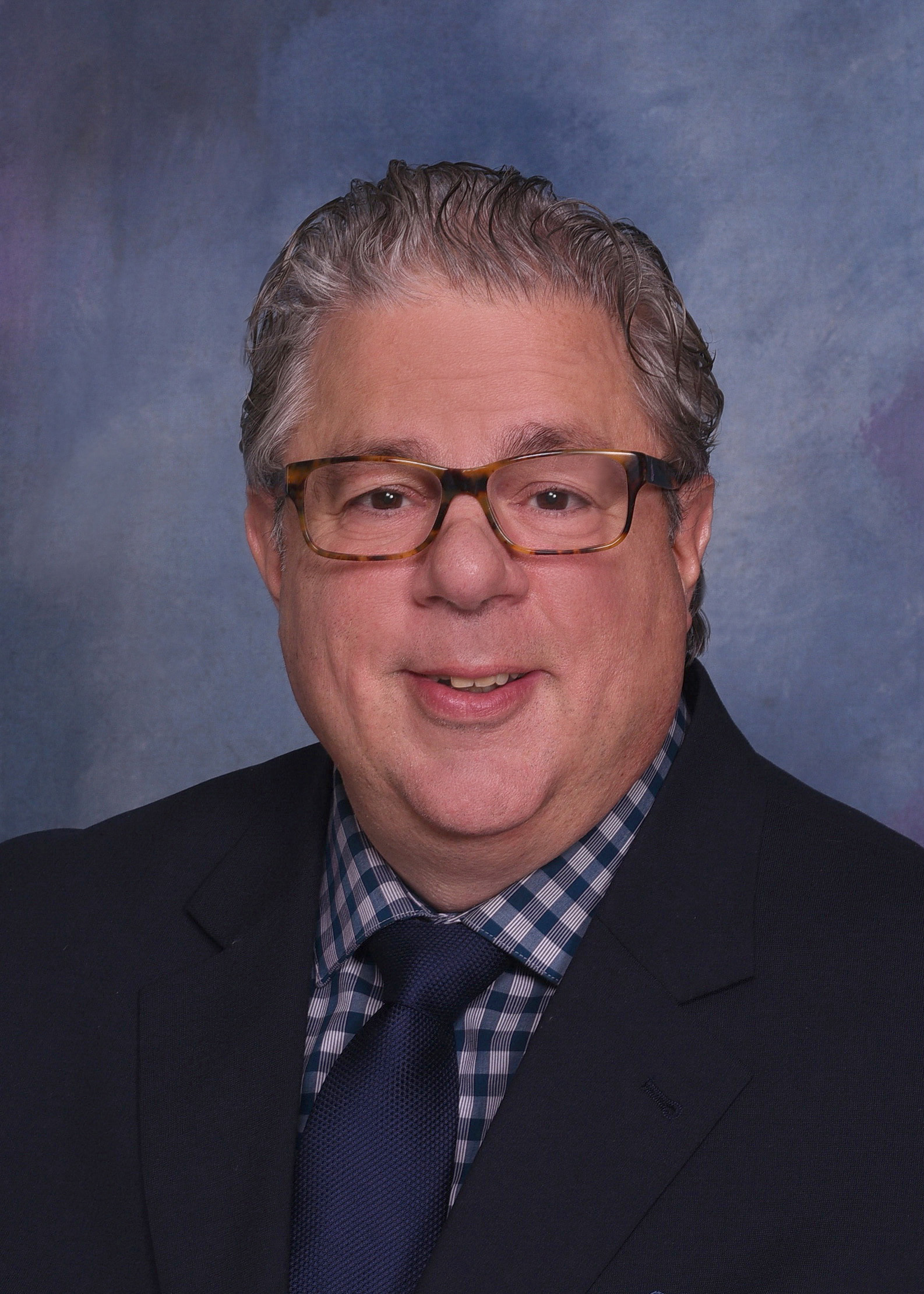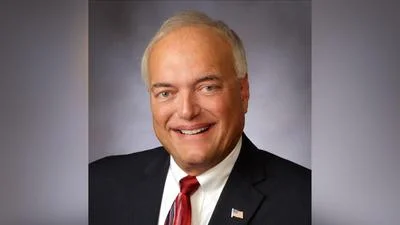If you are suffering from persistent pain that won’t go away, Knox Community Hospital can help.
“We have a multi-disciplinary treatment for chronic pain,” Dr. Jerry Tracy told the Mount Vernon News. “Our team incorporates multiple disciplines in order to successfully manage chronic pain for our patients.”
Chronic pain is defined as pain that continues for three to six months after tissue has healed, the physician said.
The hospital’s pain management clinic treats all types of pain, Tracy said.
“We don’t just treat pain in one region such as the spine,” he said. “We’ll treat anything that comes along where people have pain that is persistent.”
Spine-related pain is, however, one of the most common problems treated at the clinic, said Tracy. It can be caused by arthritis and many other conditions; treatments often include physical therapy and medication treatment options.
“Knox Community Hospital has a wonderful physical therapy department with phenomenal results,” he said. “They have all modes of physical therapy, including aquatic therapy.
“Treatment plans may begin with anti-inflammatory medication,” he said, “and opiates may be part of the treatment, but that is not the first place we want to go. We want to try other options first.”
Those include “trigger point” injections into the muscles or cortisone or steroid injections that could reduce swelling and reduce pain significantly.
Patients might also qualify for “facet joint” injections to help relieve pain, said Tracy.
“The facet joints are between the vertebrae, and many times these joints are the generator of pain,” he said. “There are facet joints from your lower back all the way up to your neck. There are injections we can do that can block the nerves that go to those joints.”
If those are successful, a treatment involving high-frequency radio waves is an option. It’s called radio frequency ablation.
“We would do the ablation procedure and the hope would be that you would get anywhere from six months to 24 months of relief,” Tracy said.
Surgery is also an option if the more conservative treatments don’t work.
The Center for Pain Management doesn’t perform back surgery but does refer patients to nearby hospitals that do, Tracy said.
Patients can help prevent back problems by exercising, keeping their weight under control and not smoking, said Tracy.
“There are many things that one can due to help prevent these chronic pain issues due to poor conditioning,” he said. “One is staying physically fit. There is no question that people who are physically fit are less likely to develop these issues.”
For more information, call 740-393-9866.







